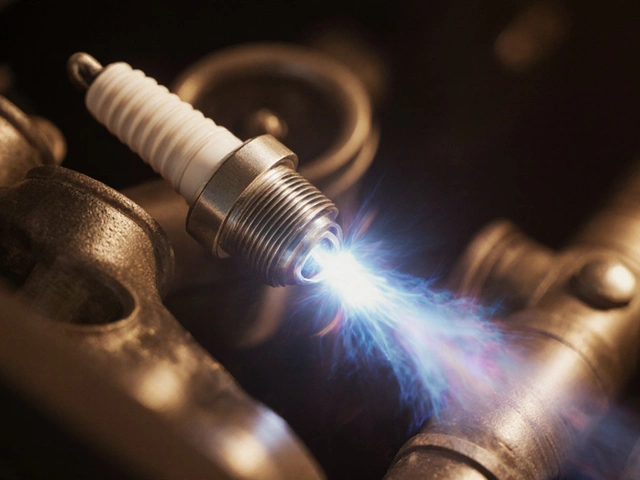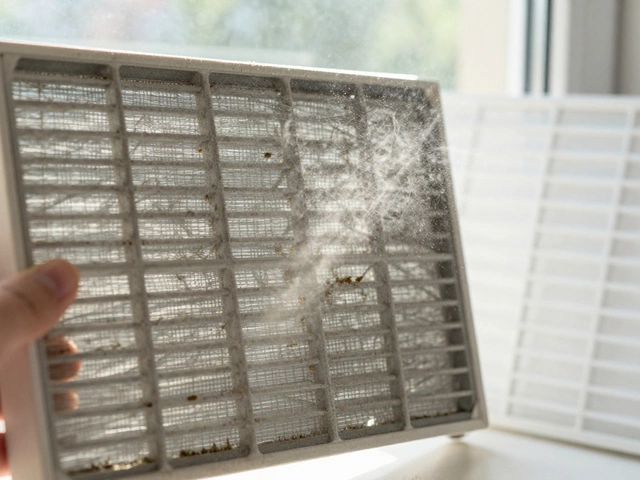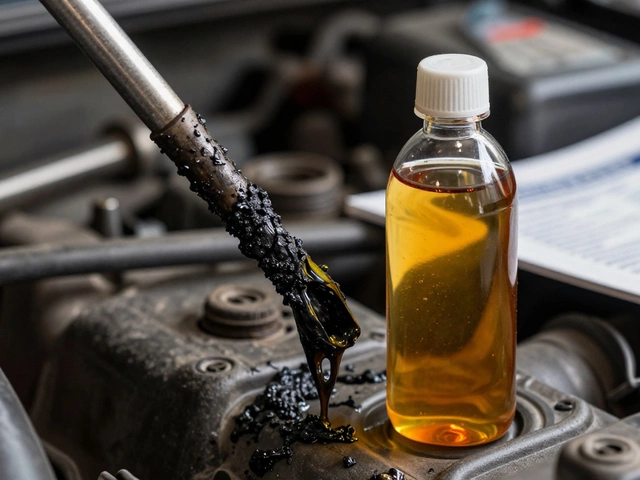
Muffler Sound: What It Is, Why It Matters, and How to Get It Right
When you hear that deep, rumbling muffler sound, the audible signature of your car’s exhaust system that filters and shapes engine noise. Also known as exhaust note, it’s not just about style—it’s a direct result of how air flows through your pipes, mufflers, and resonators. A good muffler sound doesn’t mean loud. It means balanced. It means the engine breathes right, the noise is controlled, and the tone matches your driving style—whether you want a quiet cruiser or a growling backroad machine.
That sound doesn’t come from luck. It’s shaped by the exhaust system, the entire path exhaust gases take from the engine to the tailpipe, including headers, catalytic converters, mufflers, and pipes. A stock muffler is designed to muffle noise for legal and comfort reasons. But swap it out for a performance muffler, change the pipe diameter, or remove a resonator, and you’re changing how sound waves bounce and cancel inside the system. That’s where the deep, throaty tone comes from—not just bigger pipes, but smarter design. And if you’ve ever heard a car that sounds like it’s purring one moment and roaring the next? That’s the throaty exhaust, a rich, low-frequency sound often achieved by combining straight-through mufflers with tuned pipe lengths working right.
But here’s the catch: a loud muffler doesn’t mean a good one. Too much noise can mean leaks, bad welds, or a muffler that’s too small for your engine. That can lead to backpressure issues, reduced fuel economy, or even damage to your valves over time. And let’s not forget the law—many places have noise limits, and cops don’t care if your muffler "sounds cool." The goal isn’t to be the loudest on the block. It’s to get the right tone, without sacrificing reliability or breaking rules.
What you’ll find in the posts below are real-world breakdowns of how muffler sound works, what changes actually make a difference, and what to avoid when you’re trying to upgrade. You’ll see how replacing a muffler affects performance, why some "performance" kits sound terrible in practice, and how to spot a fake deep tone versus a real one. We’ll also cover what happens when your muffler fails—because a bad muffler doesn’t just get noisy. It can get dangerous.
-
2 Jul





